
There were 209,917 abortions in England and Wales last year, the highest number since the Abortion Act was introduced in 1968, according to statistics released by the Department of Health and Social Care today. This was despite an extended lockdown caused by Covid-19.
The abortion rate in 2020 was highest for women aged 21.
The official statistics reveal that the number of Irish women travelling to England for abortions declined from 375 in 2019 to 194 in 2020.
In addition, there were 693 abortions where a baby was recorded as having Down Syndrome, an increase of 6% from 2019, although this may be an underestimate.
Under the current law, abortion is allowed up to birth if a baby has a disability.
The campaigning group Don’t Screen Us Out said the actual numbers are probably higher than reported due to under-reporting on disability abortion statistics. A 2013 review showed 886 abortions for Down Syndrome in England and Wales in 2010 but only 482 were reported in official Government figures. The underreporting was confirmed by a 2014 Department of Health and Social Care review.
The group says the private availability of early cfDNA testing (otherwise known as NIPT) is likely already leading to an increase in the numbers of children with Down Syndrome being screened out by abortion.
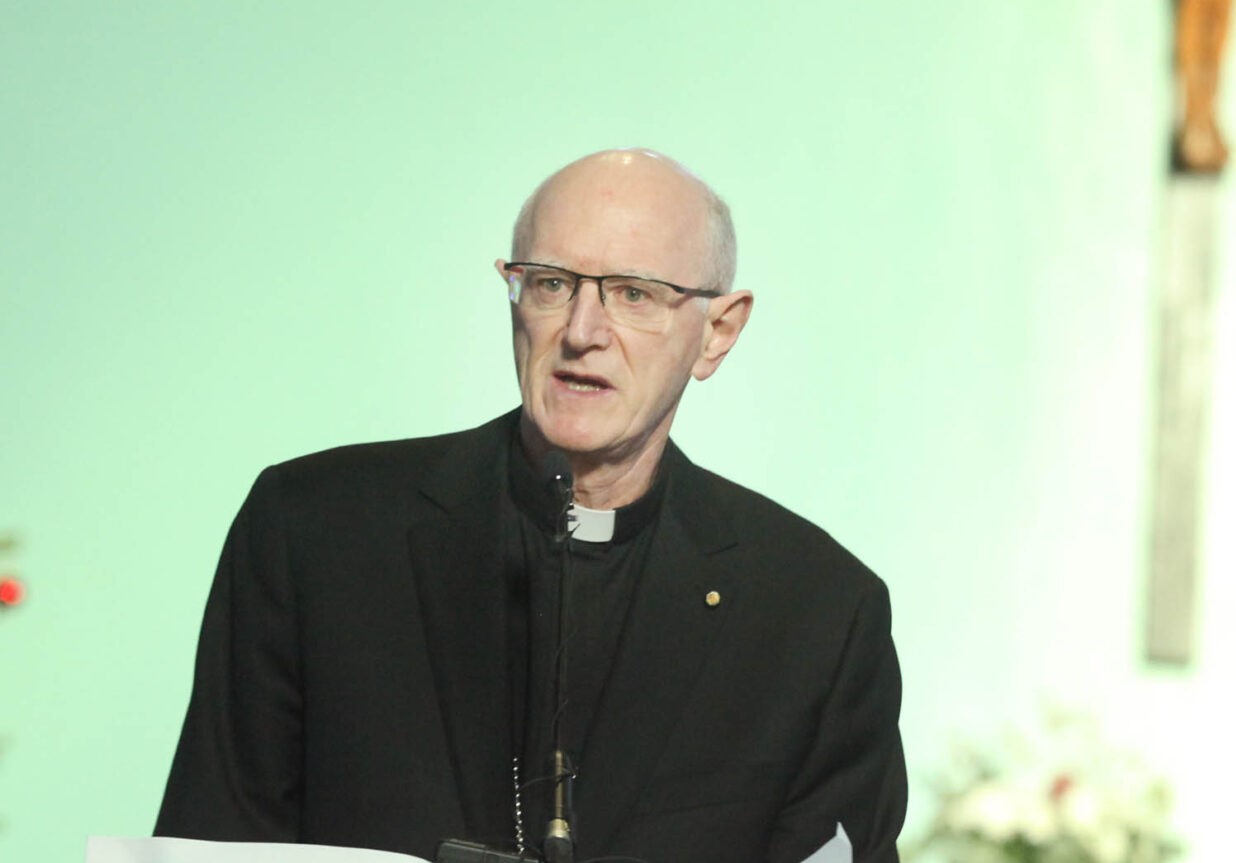
Archbishop Dermot Farrell will run a Summer Dues collection to support priests of the Dublin Archdiocese after revenue generated by weekly churches collections collapsed as a result of the Covid-19 lockdowns.
Finances have been “severely impacted” by the pandemic, Archbishop Farrell has said with the drop in income from the usual two collections at Sunday Masses down by “80per cent and 86 per cent respectively for the first quarter (January to March 2021).”
The initiative, which is aimed at making up a portion of the shortfall, will follow the pattern of the Christmas and Easter dues collections giving parishioners an opportunity to contribute to the income that supports priests.
“The Summer Offering collection will be launched on the weekend of the 20th June,” he said in a letter to parishioners.
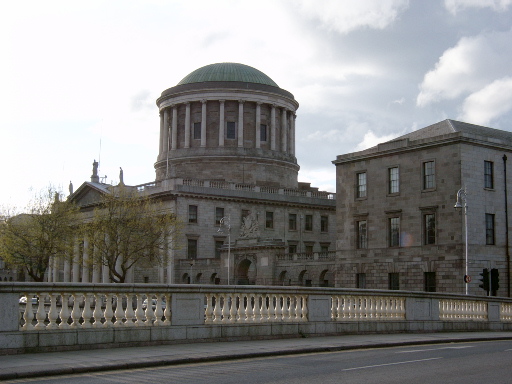
The High Court will hear the case of a couple who aborted their unborn child after being wrongly told it had a fatal condition.
At a preliminary hearing yesterday Justice Kevin Cross set June 22nd as the beginning of a five day trial.
The Couple are suing Merrion Fetal Health clinic and the National Maternity Hospital in Dublin.
They say the Hospital diagnosed their unborn child with Trisomy 18 or Edwards Syndrome.
The woman claims her consultant advised the baby was non-viable and there was no point in waiting for a full analysis of the results.
She says she relied totally on this advice and an abortion was carried out on March 14th 2019 in the clinic.
Subsequently, the full analysis was provided to her and, she says, it showed her unborn child did not have Trisomy 18 and was a normal healthy baby boy.
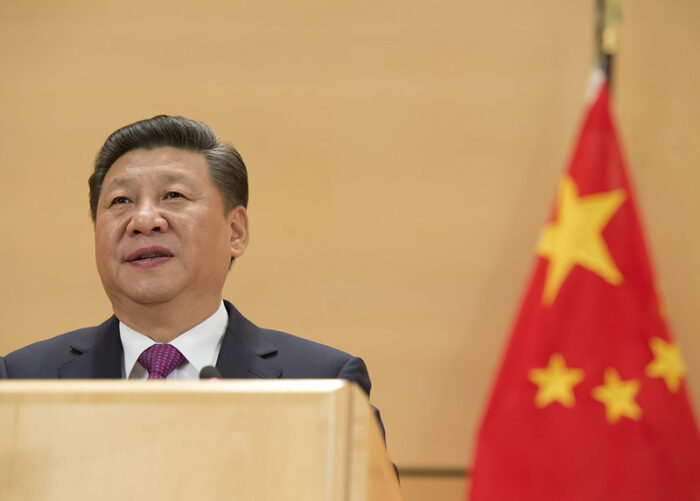
In the face of a growing demographic and economic crisis, China is to allow couples have up to three children.
The Communist Party Politburo approved the change at a meeting chaired by Chinese President Xi Jinping last week.
The country imposed a one-child policy in 1979 that involved forced sterilisations and abortions.
Restrictions were loosened in 2015, allowing up to two children per family.
However, 2020 saw an 18 percent decline in births to a near six-decade low. Part of this decline will have been due to the Covid lockdown.
Political commentator Ed Morrissey said four decades of brutal hostility to having more than one child has created a lasting impact on China’s culture, and the consequences of that policy cannot be easily undone. However, the whole of East Asia, including Japan, has well-below replacement fertility levels.

In Rome, Pope Francis has released a video message for young people to pursue the beauty of married love.
He has dedicated the month of June as a time for the Catholic Church to pray for engaged couples.
In the video, the Pope admits that marriage can be demanding and complicated, but he adds that it is also something beautiful.
He also offers the reassurance that the husband and wife are never alone as, he says, Jesus accompanies them too.
The Vatican released a press statement accompanying the prayer intention which noted that the Church is currently marking the “Special Year of the Family”, which kicked off on 19 March 2021.
Marriage rates, says the statement, have plummeted around the world since 1972, while divorce rates have skyrocketed and the age at which people marry has grown steadily.
These trends have likely worsened since the outbreak of the Covid-19 pandemic.
“Preparing young people and engaged couples for a real vocation, not just for the celebration of a wedding, is a priority,” says Dr. Gabriella Gambino, the Undersecretary of the Dicastery for Laity, Family, and Life.
“In a secularized society that no longer believes in marriage,” says Dr. Gambino, “we must proclaim the strength and power of the sacrament as a vocation and show that family relationships can have a salvific value for people and be a path to holiness. It is a matter of concretely bringing Christ into the lives of families.”
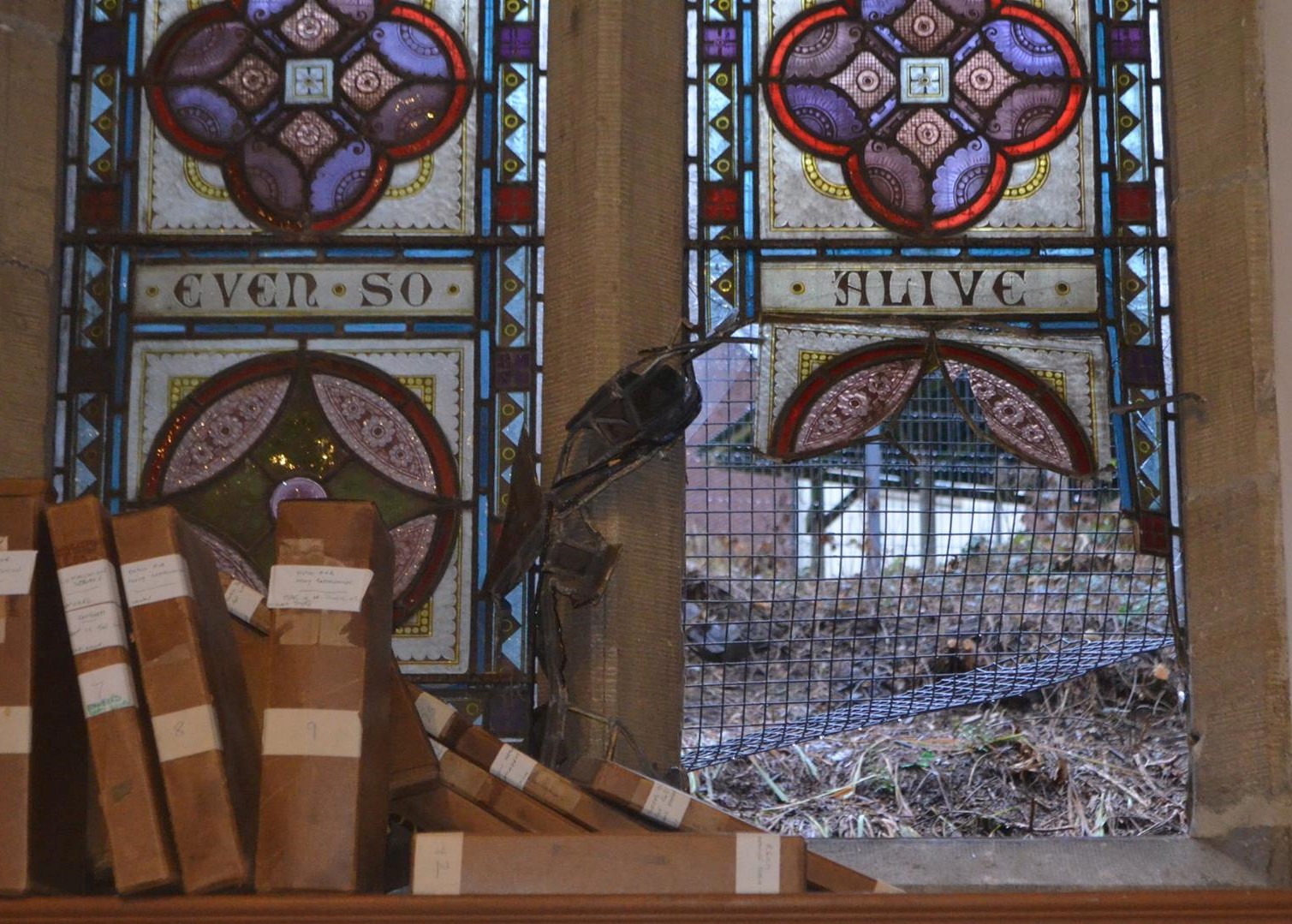
Faith leaders in Scotland have welcomed a Government move to subsidise new security measures in places of worship.
Individual churches, mosques, and synagogues can receive up to £20,000 to enhance security.
Places of worship deemed particularly at-risk of attacks are eligible for 100 per cent grants.
Michael Veitch of the Christian public policy charity “CARE for Scotland”, welcomed the announcement.
“In recent years, there have been alarming attacks on places of worship in Scotland including churches, synagogues, and mosques. This money will enable congregations to install security measures to act both as a deterrent to criminals and a reassurance to worshippers.
“Whilst the maximum grant available to individual places of worship is less than in England, the fact that 100 per cent grants are to be provided to the most at-risk settings is especially welcome. We hope that this assistance for places of worship will become a regular feature in Scottish Government budgets.
“We also call on Ministers to send a strong message that religiously-motivated hatred has no place in modern Scotland including hatred against Christians, which often receives less media coverage.”
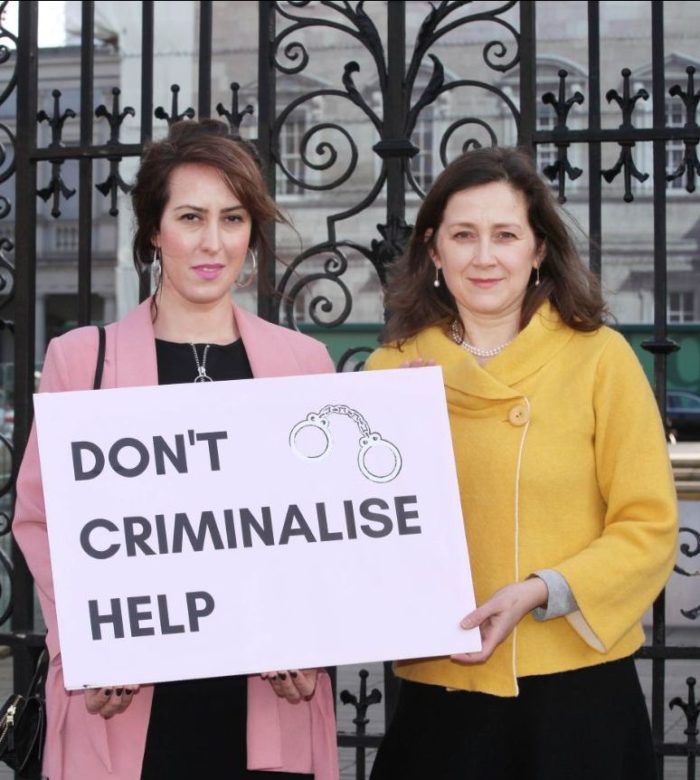
A motion urging the Health Minister to introduce exclusion zones to prevent people from holding pro-life vigils outside maternity hospitals was taken off the agenda by Limerick City and County Council on Monday and no debate or vote was had on the topic.
Labour councillor Conor Sheehan said: “I was disappointed that the motion wasn’t put on the agenda. I felt like I was censored.”
He believes it was not put on the agenda because Council officials thought the issue “is a bit of a hot potato” and did not want to deal with it. “We can’t shy away from these issues,” he said.
Limerick City and County Council said Sheehan’s motion required “further clarification” before it could be placed on the agenda, but that due to “miscommunication” this was not brought to the councillor’s attention.
The councillor says “We have had an ongoing issue in Limerick for the last couple of months with people congregating outside the maternity hospital in Limerick in groups holding vigils,” he said.
“They are walking around the perimeter of the hospital, holding rosary beads and praying.”
The Limerick city councillor added: “They have changed their approach since the referendum. They no longer go for the graphic imagery that they used before. It’s more subtle but it is still there.”
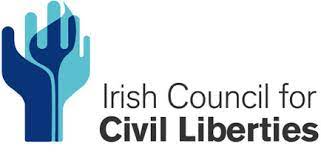
A leading human rights group has said the pandemic related restrictions on public worship were excessive and disproportionate interferences with human rights.
Liam Herrick, executive director of the Irish Council for Civil Liberties (ICCL) was commenting on the government’s proposed extension of Covid-19 emergency powers.
He said that there was no justification for the Health Minister retaining “unlimited” powers when public health restrictions were being eased. Herrick called for the Oireachtas to conduct an “extensive review” of the powers before any decision is taken to extend them.
In relation to public worship and the right to protest, Herrick told the Oireachtas health committee Tuesday: “While many of the regulations served a clear and understandable purpose, in the absence of any human rights impact assessment, ICCL believes that some regulations have presented excessive and disproportionate interferences with human rights – such as the failure to adequately respect the right to protest and worship”.

The Department of Health has said a review of the 2018 Abortion Act will be “progressed” this year.
Under the Act the Minister must carry out a review of its operation no later than three years after its commencement. The act came into force on 1 January 2019.
“The Department of Health will manage the public consultation, which will extend a public invitation to all interested groups, organisations and members of the public to provide their views to inform the review of the operation of the legislation.
Pro-abortion groups are actively lobbying for the few remaining restrictions to be eased. The National Women’s Council wants abortion to be completely decriminalised.
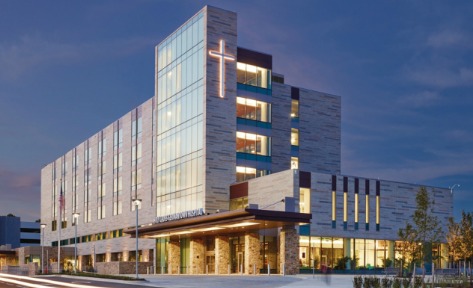
Activists have said it’s “clear” the new maternity Hospital won’t be providing any services ‘banned by Rome’, like sterilisation and abortion. This is despite repeated assurances that the hospital will carry out any procedures that are legal in the State.
Jo Tully, chair of the Campaign Against Church Ownership of Women’s Healthcare says: “The Sisters of Charity suggested they were going to stand back from this new company, both from control and ownership, all of which is smoke and mirrors and it’s not actually true.
“Because the new company that they have set up into which we are now going to put our new National Maternity Hospital is effectively going to be controlled and owned by a Catholic ethos and that is the big concern which means there are huge implications for women’s reproductive healthcare”.
The group presented a petition with more than 100,000 signatures to Health Minister Stephen Donnelly on Tuesday.
They were greeted by numerous TDs and Senators outside Dail Eireann who offered their support.